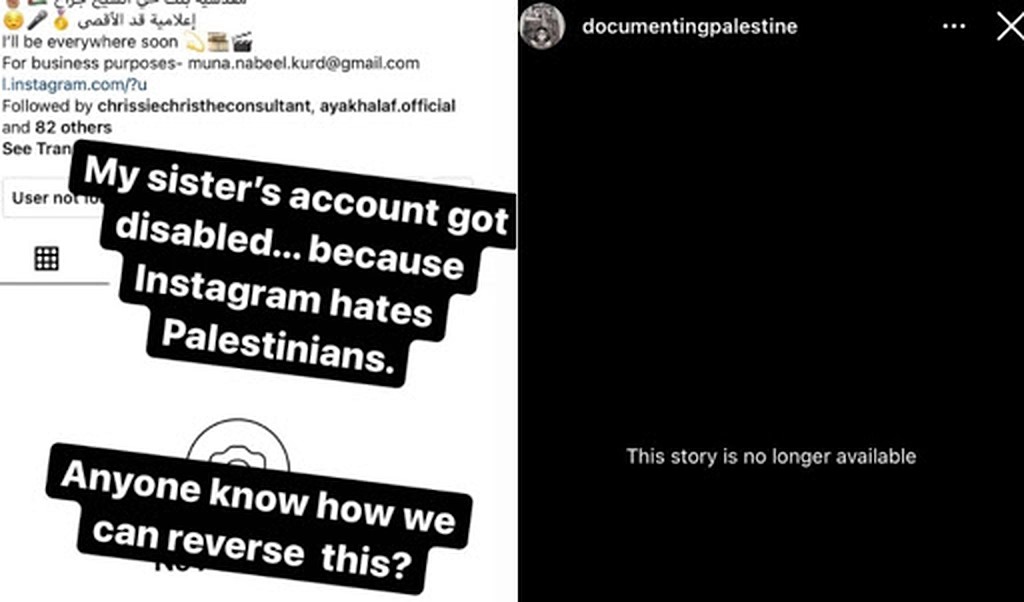Since the attacks on Palestinians in East Jerusalem and later, Gaza – where civilians make up the bulk of casualties in the exchange of fire between militants in the strip and Israel – began, many activists have spoken out against ‘digital apartheid’, which refers to the online censorship of pro-Palestine content on social media. Palestinians have been widely sharing photos and videos on social media to document the brutality of Israeli forces and the forced evictions of Palestinians from their homes in the Sheikh Jarrah neighborhood in occupied East Jerusalem. To bring awareness on the on-ground events faced in Palestine, activists launched an online campaign using hashtags like #SaveSheikhJarrah, #FreePalestine and #GazaUnderAttack. However, many have accused social media networks like Instagram and Facebook of limiting the reach of and, in some cases, removing their posts and stories, and shadow-banning events. 7amleh, a nonprofit organization that advocates for Palestinian digital rights, released a statement noting that “hundreds of posts and accounts” documenting human rights violations by Israel have been deleted from Instagram and Twitter, saying the crackdown is happening on an unprecedented scale. The statement also referred to previous cases of censorship that…
Activists Are Calling Out Social Media Companies for Censoring Palestinian Voices
May 19, 2021



